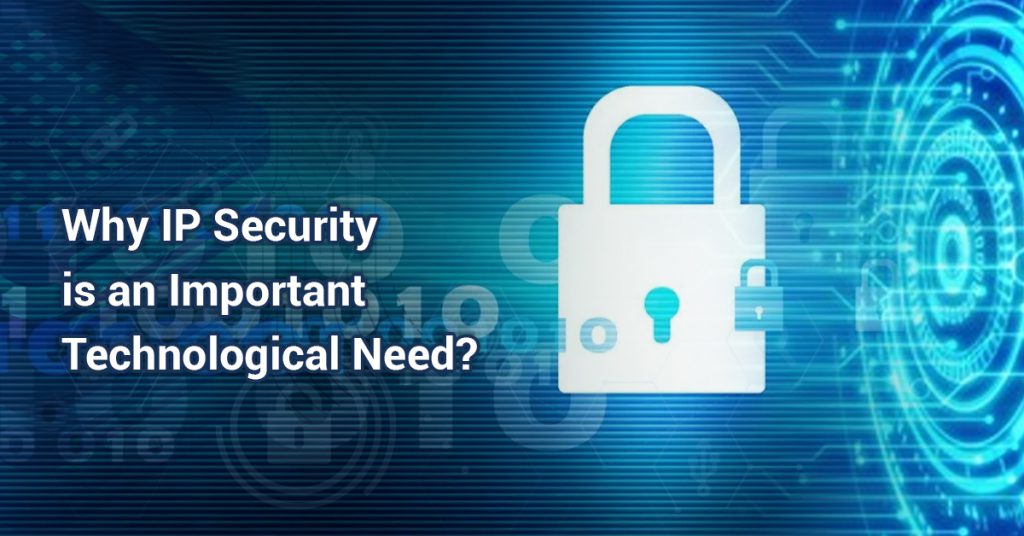
What is IPsec or Internet Protocol Security?
IPsec, otherwise known as Internet Protocol Security or IP Security protocol. It defines the architecture for security services for IP network traffic. IPsec describes the framework for providing security at the IP layer. It includes the suite of protocols designed to provide that security through authentication and encryption of IP network packets.
IPsec also comprises protocols that define the cryptographic algorithms used to encrypt, decrypt, and authenticate packets as well as the protocols needed for secure key exchange and key management.
Benefit of IPsec
When IPsec is implemented in a firewall or router, it provides strong security. This is applied to all traffic crossing this perimeter. Traffic within a company or workgroup does not incur the overhead of security-related processing.
The location of Internet Protocol Security is below the transport layer (TCP, UDP) and, therefore, is transparent to applications. There is no necessity to change software on a user or server system when IPsec is implemented in the firewall or router.
Even if IPsec is implemented in end systems, the upper layer software including applications does not get affected. IPsec is further transparent to end-users. This, therefore, eliminates the need to train users on security mechanisms, issue keying material on a per-user basis, or revoke keying material when users leave the organization.
Internet Protocol Security can provide security for individual users if necessary. This feature is useful for offsite workers and also for setting up a secure virtual sub-network within an organization for sensitive applications.
When do we need IPsec?
Sometimes Internet Protocol Security is required to connect two SBC gateway for secured communication. Most of the time when you are connecting the operators, they might not share the public IP information required for the connection process. Instead, they will share the IPsec tunnel information necessary for the connection. Therefore, supporting the IPsec to get connected with a different supplier through the channel is a very important part of the SBC.
Working in a similar way, it important for SMS solutions as well. Sometimes service provider wants to connect to only an IPsec tunnel. Hence, when you are providing any cloud-based communication solution you might need to provide the one supporting these tunnelling features.
For example, an enterprise can run a secure, private TCP/IP network by disallowing links to untrusted sites, encrypting packets that leave the premises, and authenticating packets that enter the premises. Therefore, when you are trying to connect with such an enterprise you need to create an IPsec tunnel with them. As they won’t allow anyone trying to connect without an authorized channel.
Internet Protocol Security, therefore, is a technological requirement for your solution. Without this feature or support, you would not be able to get connected with all the suppliers.




























